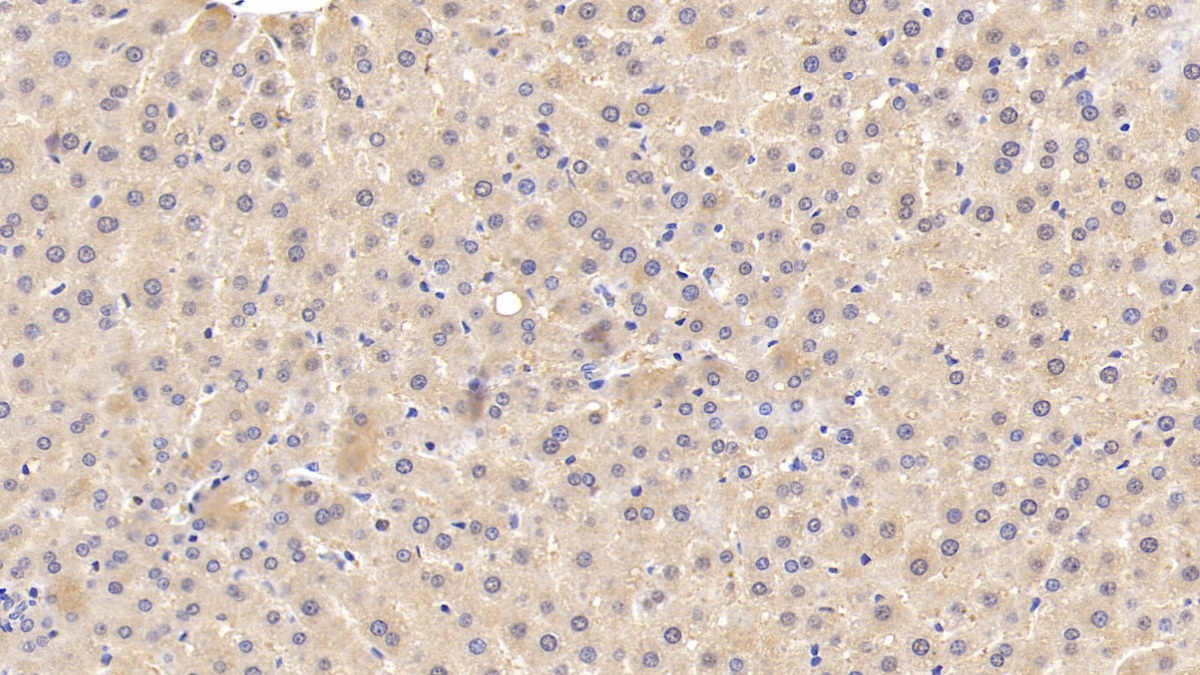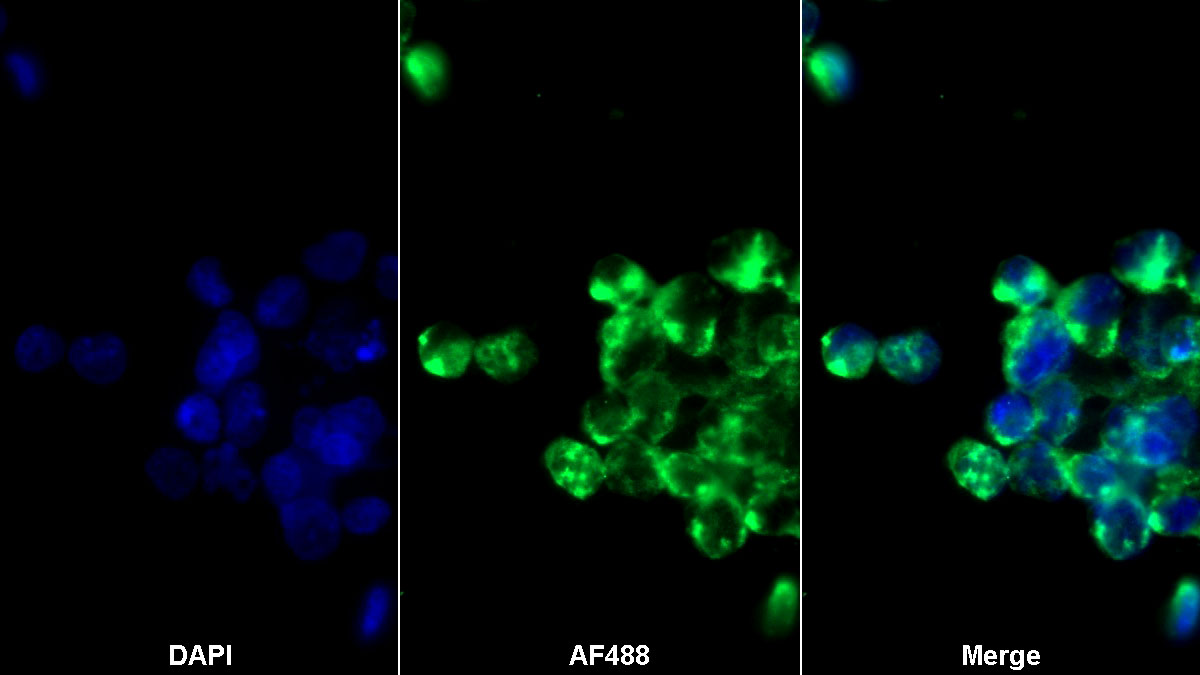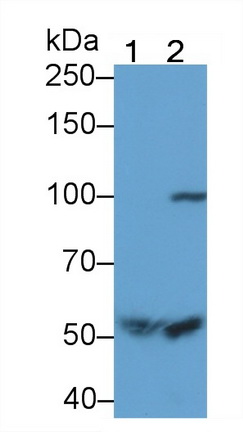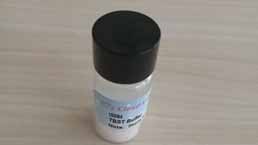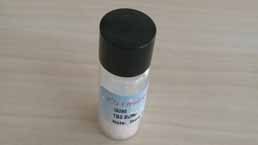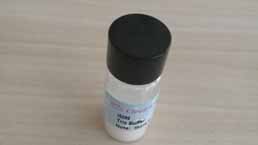Polyclonal Antibody to Activated Protein C (APC) 

- UOM
- FOB US$ 135.00 US$ 315.00 US$ 450.00 US$ 1,125.00 US$ 4,500.00
- Quantity
Overview
Properties
- Product No.PAA738Ra01
- Organism SpeciesRattus norvegicus (Rat) Same name, Different species.
- ApplicationsWB; IHC; ICC; IP.
If the antibody is used in flow cytometry, please check FCM antibodies.
Research use only - DownloadInstruction Manual
- CategoryEnzyme & KinaseHematology
- SourcePolyclonal antibody preparation, Host Rabbit
- Ig Type IgG, Potency n/a
- PurificationAntigen-specific affinity chromatography followed by Protein A affinity chromatography
- LabelNone
- Immunogen n/a
- Buffer Formulation0.01M PBS, pH7.4, containing 0.05% Proclin-300, 50% glycerol.
- TraitsLiquid, Concentration 0.5mg/ml
Sign into your account
Share a new citation as an author
Upload your experimental result
Review

Contact us
Please fill in the blank.
Specifity
The antibody is a rabbit polyclonal antibody raised against APC. It has been selected for its ability to recognize APC in immunohistochemical staining and western blotting.
Usage
Western blotting: 0.5-2µg/mL
Immunohistochemistry: 5-20µg/mL
Immunocytochemistry: 5-20µg/mL
Optimal working dilutions must be determined by end user.
Storage
Store at 4°C for frequent use. Stored at -20°C in a manual defrost freezer for two year without detectable loss of activity. Avoid repeated freeze-thaw cycles.
Stability
The thermal stability is described by the loss rate. The loss rate was determined by accelerated thermal degradation test, that is, incubate the protein at 37°C for 48h, and no obvious degradation and precipitation were observed. The loss rate is less than 5% within the expiration date under appropriate storage condition.
Giveaways
Increment services
Citations
- Activated Protein C Attenuates Systemic Lupus Erythematosus and Lupus Nephritis in MRL-Fas(lpr) MiceJimmunol: 3413
- Disseminated intravascular coagulation or acute coagulopathy of trauma shock early after trauma? An observational studyBioMed: cc10553
- Intraovarian Thrombin and Activated Protein C Signaling System Regulates Steroidogenesis during the Periovulatory PeriodEndo: source
- High levels of soluble VEGF receptor 1 early after trauma are associated with shock, sympathoadrenal activation, glycocalyx degradation and inflammation in severely injured patients: a prospective studySjtrem:1757-7241
- Impact of plasma histones in human sepsis and their contribution to cellular injury and inflammationPubmed:25260379
- Monocytes regulate systemic coagulation and inflammation in abdominal sepsisPubmed:25502108
- Protective effects of thrombomodulin on microvascular permeability after subarachnoid hemorrhage in mouse modelPubMed: 25936678
- Activated protein C does not increase in the early phase of trauma with disseminated intravascular coaCavia (Guinea pig )lation: comparison with acute coaCavia (Guinea pig )lopathy of trauma-shockPubmed:26734467
- Brain microvascular endothelial cells exhibit lower activation of the alternative complement pathway than glomerular microvascular endothelial cells.JBC:Source
- A multicenter prospective validation study on disseminated intravascular coagulation in trauma‐induced coagulopathyPubmed: 32480432
- Validation of the Relationship Between Coagulopathy and Localization of Hydroxyethyl Starch on the Vascular Endothelium in a Rat Hemodilution Model34021192





